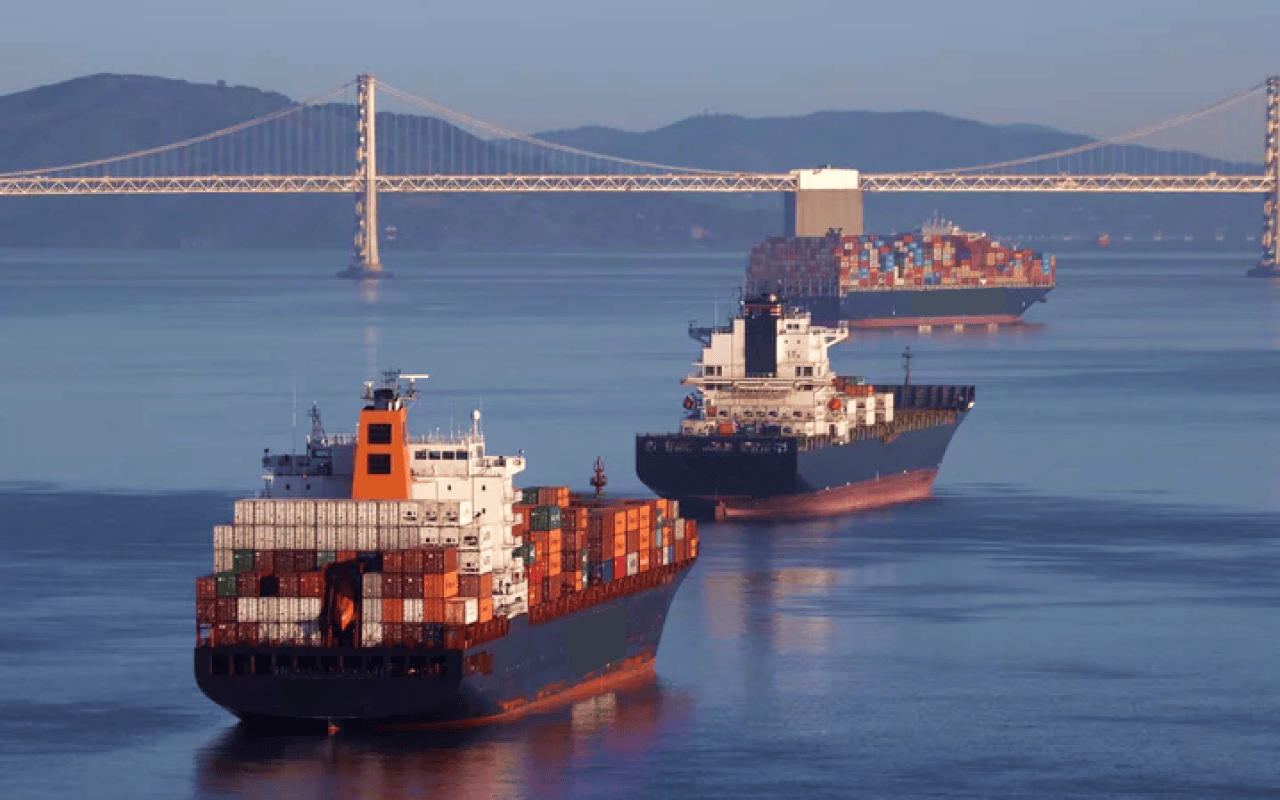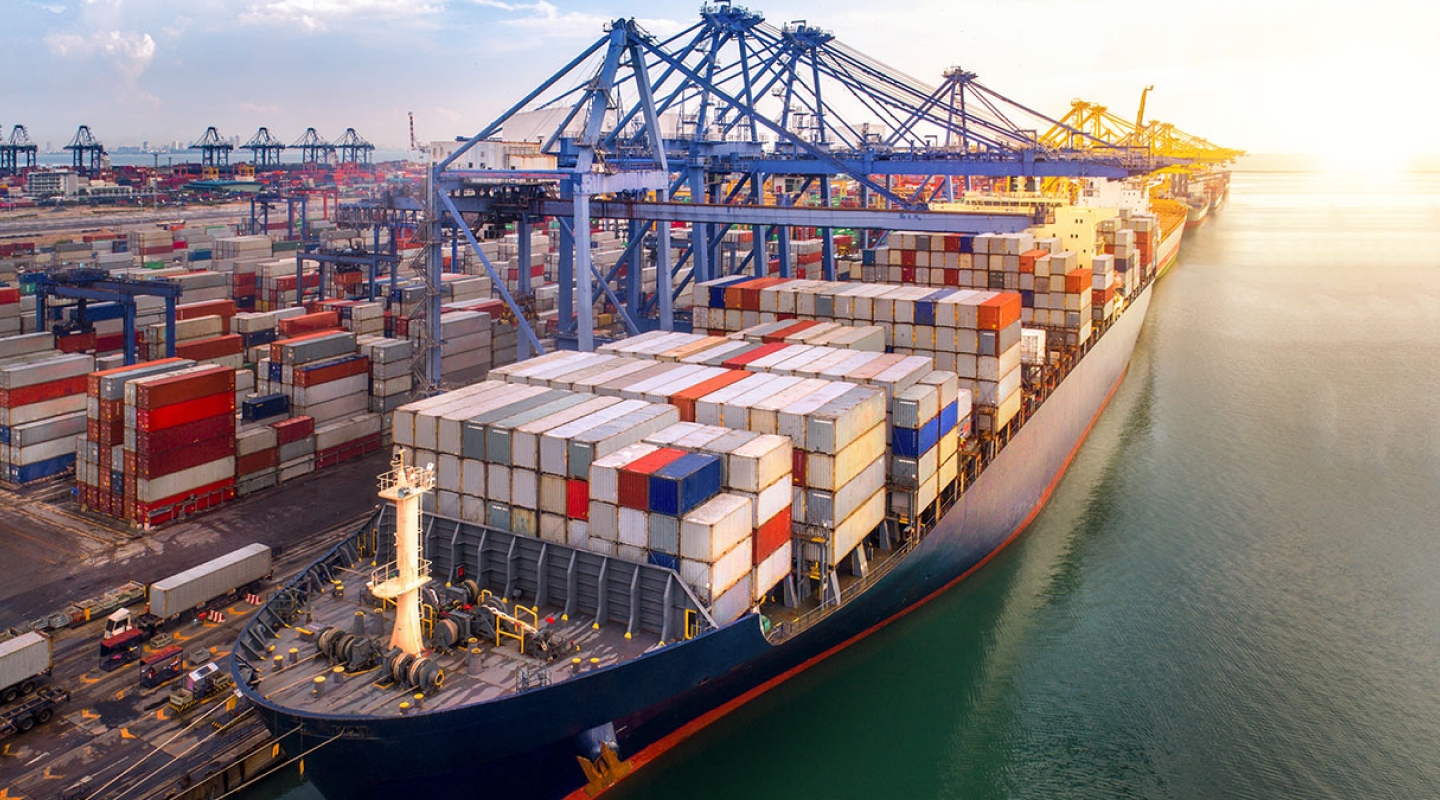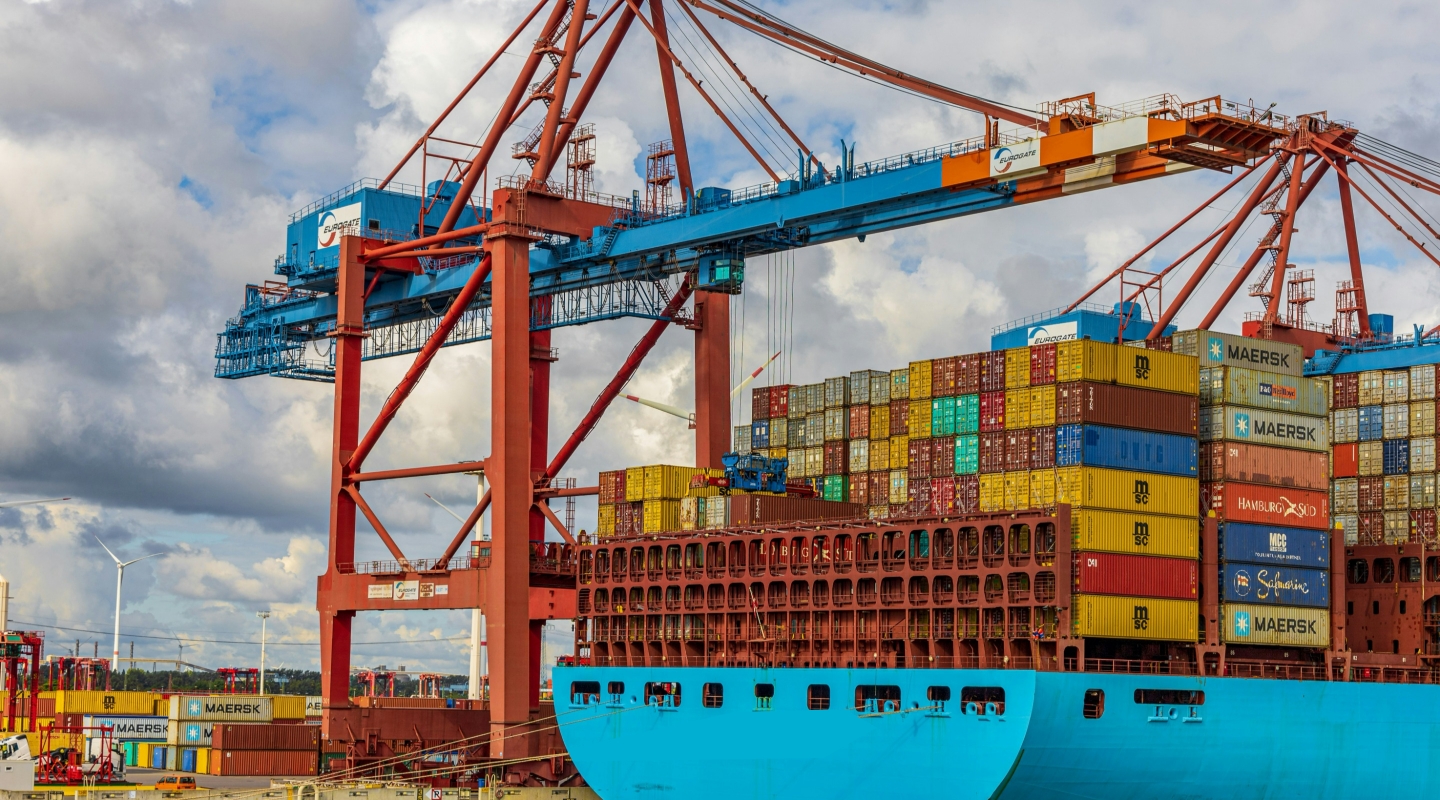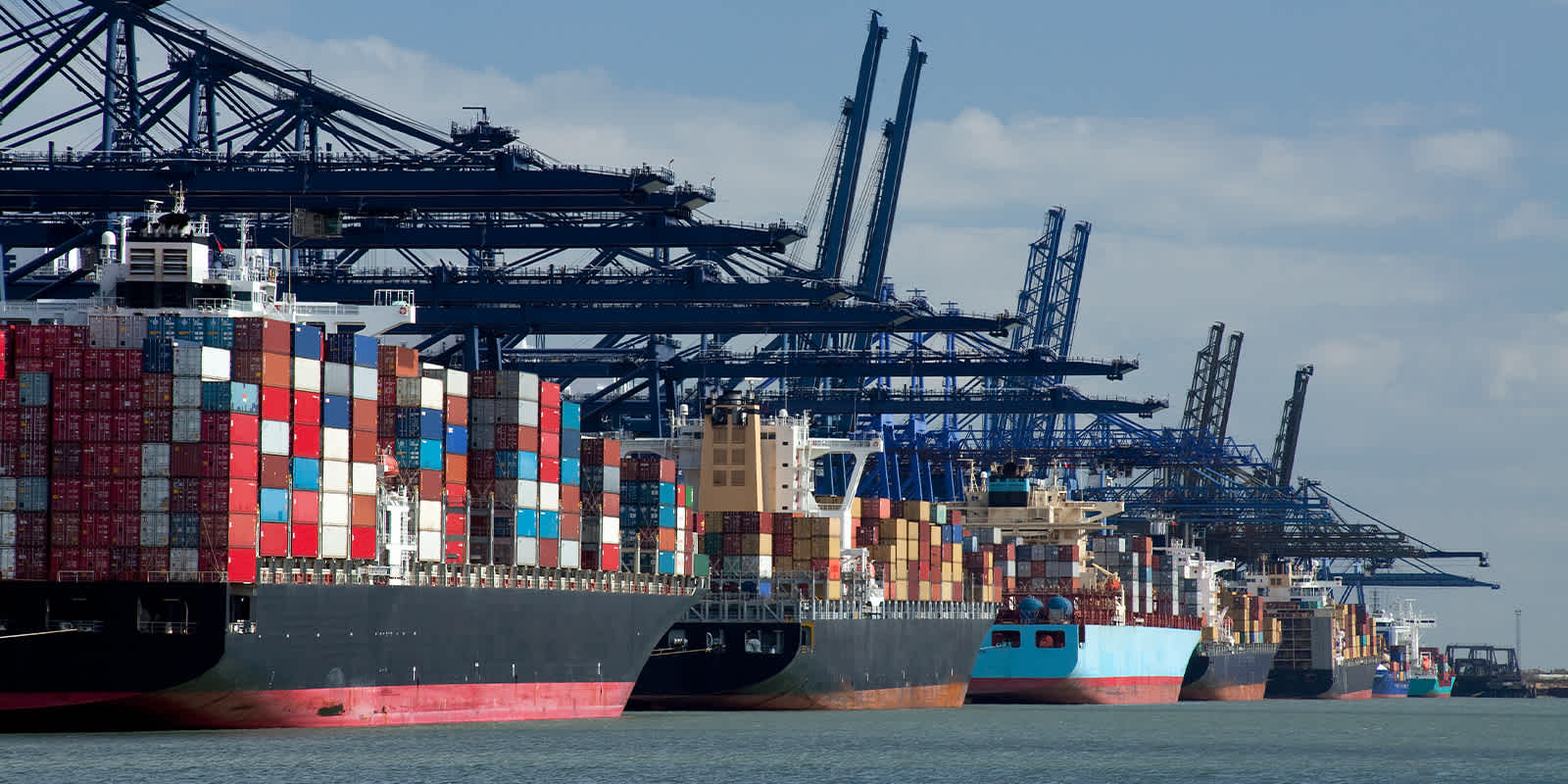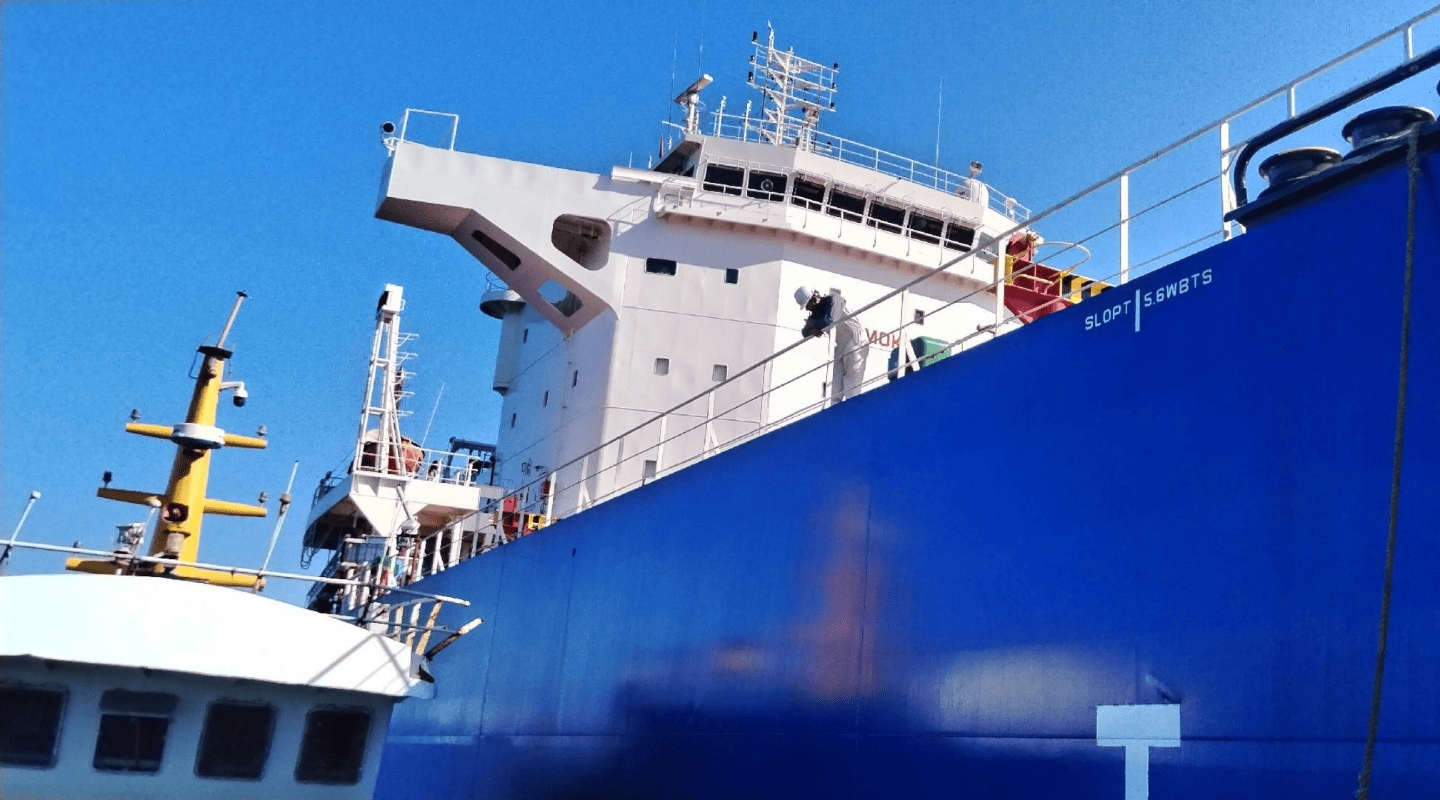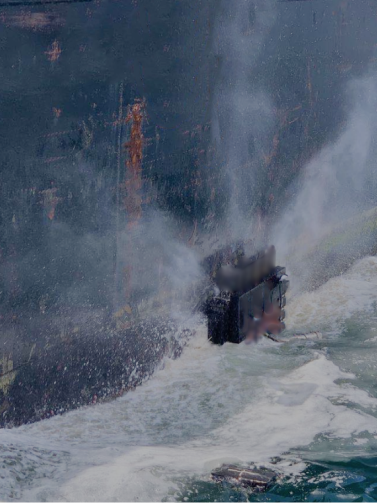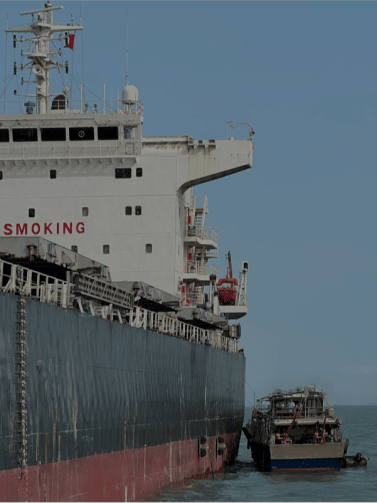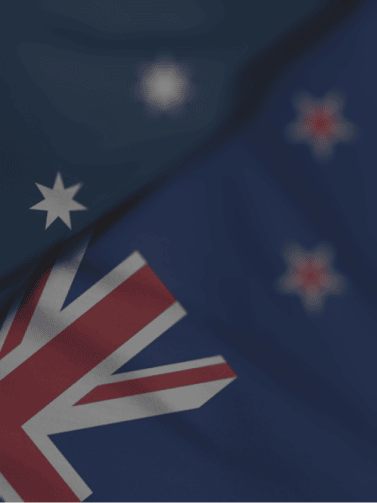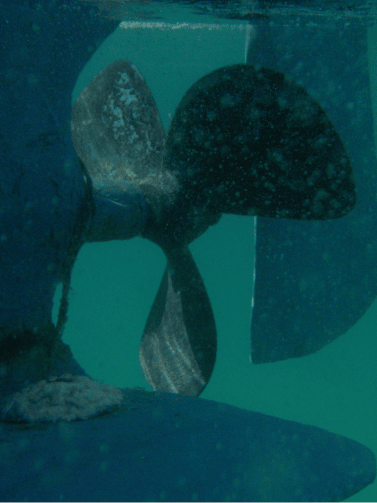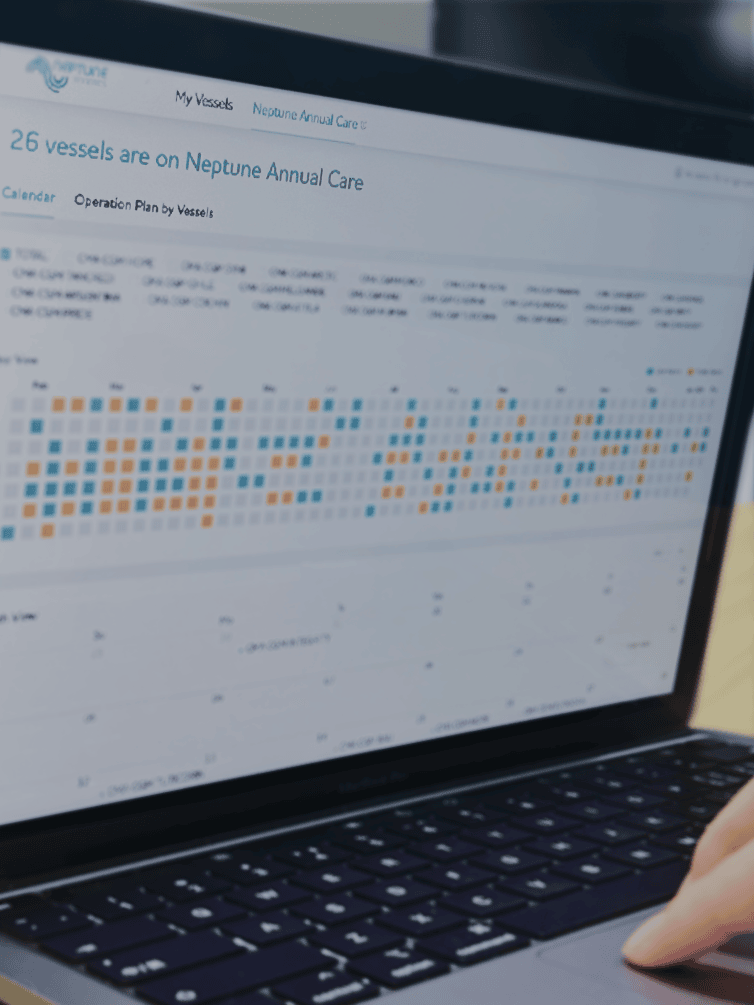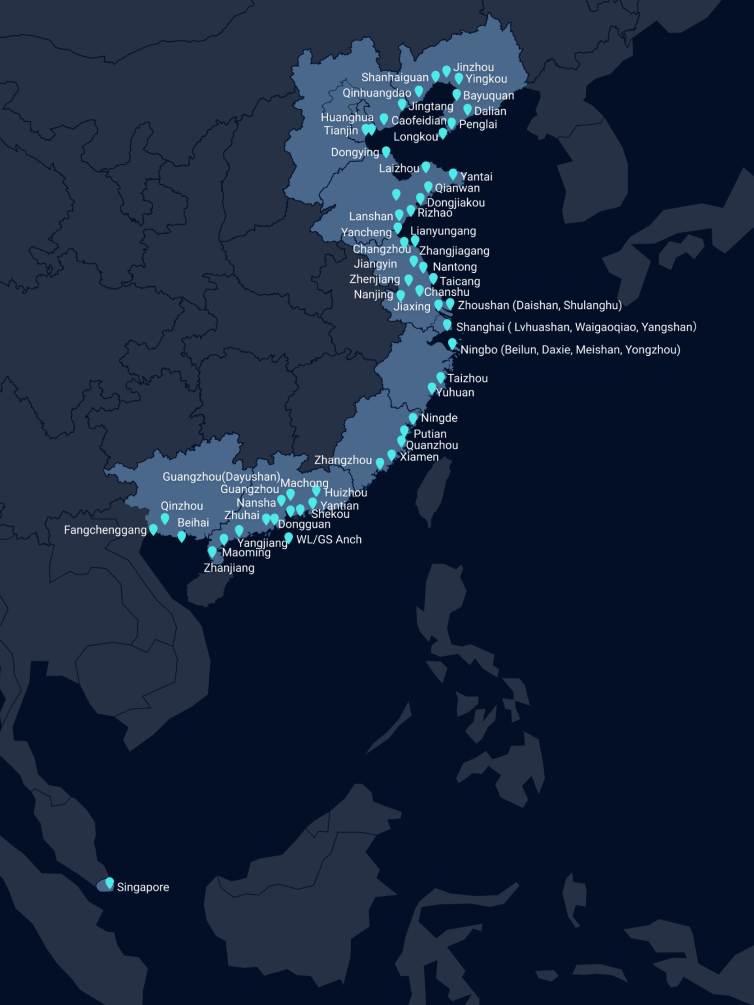How rigorous are New Zealand’s cleaning requirements for foreign ships?
Why didn’t the ship pass the review after it was cleaned?!
Can’t I make up for it on the spot without cleaning the ship before coming to New Zealand?!
I heard that Australia is also about to become the next New Zealand?
As a charterer and shipowner, what should be done for ships passing through the New Zealand and Australia route!
Are there any companies that can provide services that meet the Australia and New Zealand standards for ship cleaning?
In June 2022, the Australian “Biofouling Management Requirements” regulations officially took effect! This is the second country after New Zealand to adopt mandatory biofouling management standards for “international ships” based on IMO guidelines. For shipowners/operators heading to both countries, a careless mistake could result in million-dollar losses! In the more than three years since New Zealand’s mandatory implementation of the regulation, many shipowners have already been fined.Neptune has previously helped many ships meet New Zealand MPI standards and successfully arrive at port. Heading to New Zealand! To meet MPI standards, a container ship was cleaned at multiple locations in Ningbo-Shenzhen within half a month.
Neptune is now launching the “Neptune Annual Assurance Program (ANZAC Specialized)”: providing customized annual protection services, submitting reports meeting the highest requirements of New Zealand and Australia, helping ships pass inspections and arrive at port smoothly!
01-New Zealand Hull Biofouling Management RegulationsPotential million-dollar losses!
In 2018, New Zealand’s Ministry of Primary Industries (MPI) introduced regulations requiring all international ships to provide detailed documentation before arrival, proving that their hulls meet New Zealand’s specific cleaning standards. According to an official New Zealand report, about 11% of container ships and 8% of bulk carriers arriving in New Zealand last year did not meet the standards! The proportion of non-compliant tankers was even higher, at 18%!
Ships that failed the inspection ultimately had to accept one of the following MPI management measures, but all of them meant significant economic losses! • Conduct underwater inspections as required (at own expense) • Leave New Zealand waters within 24 hours • Spend a huge amount to clean the ship in international waters According to the New Zealand news website Stuff, a tanker spent $500,000 cleaning for two weeks in international waters under the mandatory MPI requirements. Meanwhile, the shipowner had to spend another $500,000 to rent another tanker to transport the same batch of goods. The total loss was nearly $1 million!
02-Australia’s “similar regulations” took effect the day before yesterday!
Australia and New Zealand jointly maintain rigorous cleaning requirements! As of June 15, 2022, international ships heading to Australia must comply with the “Biofouling Management Requirements for Ship Hulls” and submit designated materials before arrival, including but not limited to: • Detailed information on any biofouling inspections, cleaning, or treatment conducted on the ship • Current ship biofouling management plan Australia’s Department of Agriculture, Water and the Environment (DAWE) will verify the materials and determine whether to conduct on-site inspections and further assessments of the ship. For problematic ships, DAWE will also enforce mandatory measures under the country’s “Biosecurity Act.” Like New Zealand, the Australian regulations have exceptionally high requirements for “ship cleaning” It could be said to be at a rigorous level! Since the regulations were introduced to “reduce the invasion of aquatic organisms,” the cleaning requirements for ships are extremely stringent! In contrast, cleaning for “fuel-saving and speed improvement” focuses more on cleaning areas that can save the most fuel. Different purposes result in different cleaning requirements! This is why some ships that have been cleaned still do not meet the standards, resulting in penalties and even expulsion!
03-Don’t panic! “Neptune Annual Care”
Rest assured and head to Australia and New Zealand with confidence! In recent years, with the actual needs of Neptune’s customers going to New Zealand, we have become familiar with New Zealand’s MPI management standards early on and have successfully helped many client ships meet New Zealand’s MPI standards! As early as November last year, after the introduction of the Australian “Biofouling Management Requirements for Ship Hulls,” the Neptune team began studying relevant regulations.
For reference, see the case of Heading to New Zealand! To meet MPI standards, a container ship was cleaned at multiple locations in Ningbo-Shenzhen within half a month.
To help shipowners/operators traveling between China and New Zealand and Australia avoid local underwater inspections and a series of potential penalties and expulsions, we are launching the “Neptune Annual Assurance Program (ANZAC Specialized)”.
With “Neptune Annual Assurance Program (ANZAC Specialized)” you can enjoy: (1) Gold Medal Nanny-Level Service! Neptune has successfully helped dozens of ships pass New Zealand MPI inspections and is familiar with New Zealand and Australian management regulations. With rich experience, Neptune will provide high-standard cleaning services for your ships, allowing them to smoothly arrive at Australian and New Zealand ports!
(2) Intelligent management with zero worries! Neptune customizes ship annual protection plans through “hardcore technology” and “digital-driven” approaches, allowing you to manage while intelligently monitoring the ship’s status in real-time!
(3) Get big results with a small investment! With the “Neptune Annual Assurance Program (ANZAC Specialized)”, the team provides “door-to-door service” on time, allowing you to enter Australia and New Zealand ports “unimpededly” at any time! In addition to avoiding huge fines, you can also save hundreds of thousands of dollars in fuel costs!
Neptune’s rich track record of successful operations, services across multiple regions and round-the-clock availability, and world-leading ship cleaning technology enable us to provide reports meeting the highest requirements of Australia and New Zealand. This is the ultimate answer to why many customers choose us! Neptune hopes to use its service advantages to help more shipowners and operators avoid penalties related to these regulations while saving fuel consumption and reducing carbon emissions. We aim to make the global shipping industry lower-risk, more energy-efficient, and environmentally friendly!
